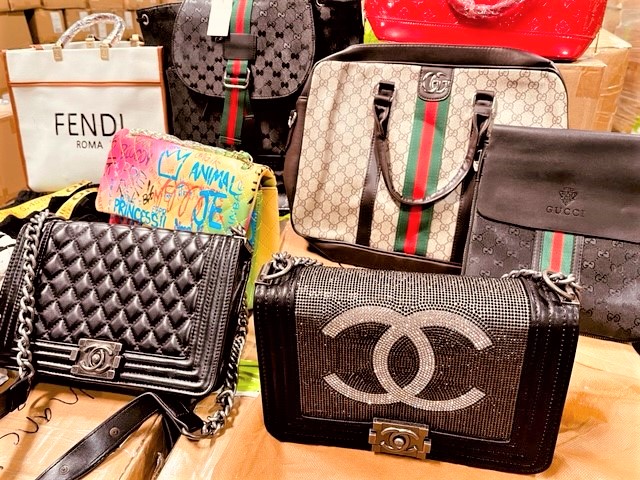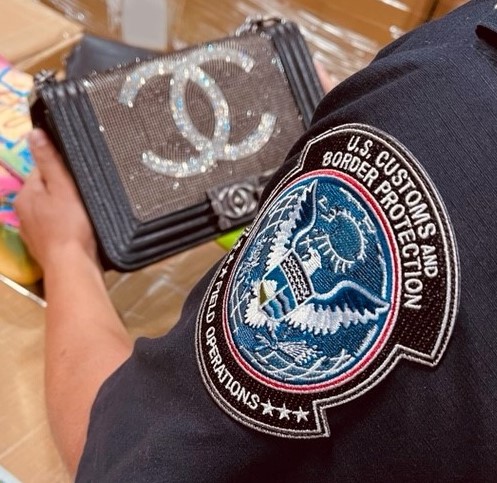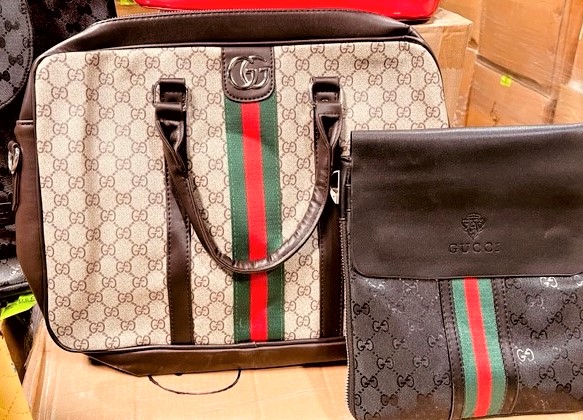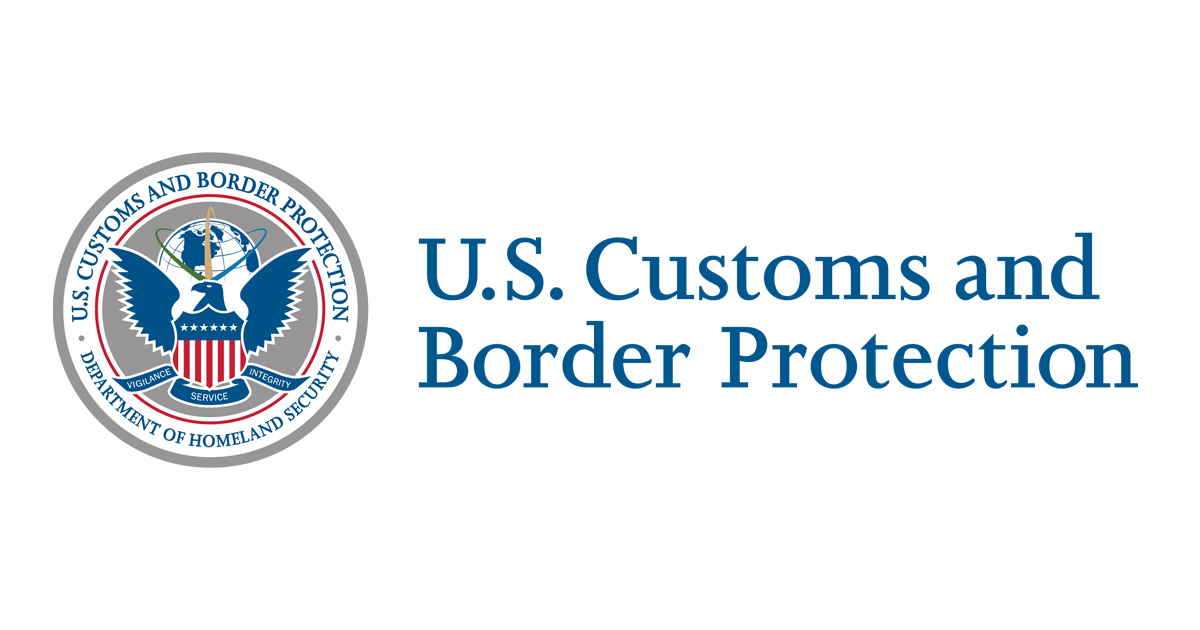Watch out for holiday shoppers: CBP just seized over $ 30 million in fake designer goods
designer products arriving in containerized cargo
shipping from china.
LOS ANGELES- U.S. Customs and Border Protection (CBP) officers assigned to the Los Angeles / Long Beach Seaport in coordination with Import Specialists from the Consumer Products Center of Excellence and Expertise and of Mass Merchandising (CPMM) intercepted 13,586 counterfeit branded products arriving in a containerized freight shipment from China.
CBP officers discovered handbags, tote bags, shoulder bags, crossbody bags, backpacks, shirts and pants bearing numerous trademarks and registered, like Gucci, Chanel, Fendi, YSL and Louis Vuitton.
CBP agents, in cooperation with the United States Homeland Security (HSI) Special Agents, seized the shipment on November 9, 2021. If genuine, the merchandise seized would have a suggested retail price by the manufacturer (MSRP) estimated at $ 30,437,775.

shoulder bags, shoulder bags, backpacks, shirts and
pants with many trademarks.
“CBP is mobilizing significant law enforcement resources to prevent counterfeit and pirated goods from entering US supply chains, markets and streets,†said Carlos C. Martel, Director of Field Operations in Los Angeles. “Now more than ever, CBP agents remain vigilant, engaged and focused on disrupting these contraband operations.”
Historically, counterfeit products have been sold on illegitimate websites and underground outlets. The rise of e-commerce provides a safe haven for criminals who can now hide behind seemingly legitimate listings on well-known websites. The sale of counterfeit products multiplies the illegal profits of smugglers and traffickers who reinvest the proceeds of these sales in other criminal enterprises.

often of inferior quality and may present
uneven seams, fragile and poorly
sized or designed logos.
“Bad actors exploit e-commerce operations by selling counterfeit and dangerous products on online platforms, especially during the holiday season when shoppers are looking for deals,†said Donald R. Kusser, Port Manager of Los Angeles / Long Beach Seaport. “If the price of the product sounds too good to be true, it probably is. Counterfeit products are often of poor quality and can even be dangerous for you and your family.
Consumers can take simple steps to protect themselves and their families from counterfeit products:
- Buy products directly from the trademark owner or from authorized retailers.
- When shopping online, read seller reviews and find a US phone number and address that can be used to contact the seller.
- See CBP’s E-Commerce Counterfeiting Awareness Guide for Consumers.
- Remember, if the price of a product seems too good to be true, it probably is.
Counterfeit clothing, shoes and handbags are often inferior in quality and may feature poor or uneven stitching, fragile fabrics, and improperly sized or designed logos. Peeled labels, poor quality ink, or printing errors on the packaging are also signs that the products may not be legitimate.

criminals who are now able to hide behind
apparently legitimate ads on
well known websites.
The trade in counterfeit and pirated products threatens the US economy with innovation, business competitiveness and, in some cases, national security as well as the health and safety of consumers.
To discourage the importation of illicit goods and protect consumers and businesses in the United States, CBP has developed a proactive, aggressive and dynamic approach to the enforcement of intellectual property rights (IPRs).
In fiscal 2020, CBP staff nationwide seized 26,503 shipments containing counterfeit products valued at nearly $ 1.3 billion if they were genuine.
For more information on the risks associated with buying counterfeit goods, visit CBP’s Fake Goods, Real Dangers website and read CBP’s Ecommerce Awareness Guide. Additional tips for protecting your family from counterfeit products can be found at StopFakes.gov. Rights holders wishing to protect their trademark against illegal imports should register their trademarks and copyrights with CBP at https://iprr.cbp.gov/.
Suspicions of IPR infringement, fraud or illegal business activity can be reported by contacting CBP through the E-Allegations Online Commercial Crime Reporting System or by calling 1-800-BE-ALERT. Violations can also be reported to the National Center for the Coordination of Intellectual Property Rights at https://www.iprcenter.gov/referral/ or by phone at 1-866-IPR-2060.


Comments are closed.